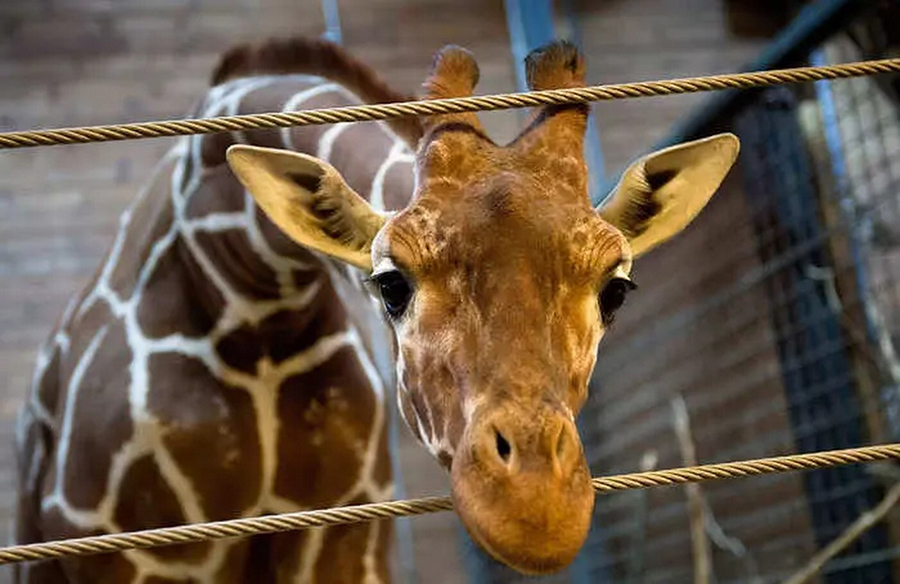Giraffes have unexpectedly found themselves at the center of online dissent in China, signaling a potential addition to Beijing’s internet watchlist alongside iconic characters like Winnie the Pooh and Peppa Pig.
The US Embassy’s Giraffe Post Sparks Outcry
A seemingly innocuous post by the US Embassy in Beijing about efforts to track endangered giraffes in Africa using GPS technology ignited a storm of discontent on Chinese social media platform Weibo. Despite the post’s apolitical nature, it quickly went viral, accumulating over 970,000 likes and 180,000 comments within days.
Giraffes Become Symbols of Economic Frustration
Amidst China’s economic woes, investors seized the opportunity to voice their grievances on the giraffe post. Comments flooded in, criticizing the country’s slumping stock market and expressing frustration over economic uncertainties exacerbated by the COVID-19 pandemic.
Symbolic References and Censorship
In a country known for heavy internet censorship, Chinese users often resort to veiled references and sarcasm to circumvent restrictions. References to giraffes as symbols of dissent were swiftly censored, reflecting the government’s intolerance for online criticism.
Giraffes Join the Ranks of Censored Symbols
While plain references to giraffes haven’t been banned outright on Weibo, certain hashtags related to the incident have been blocked. The censorship reflects the government’s efforts to suppress dissenting voices and maintain control over online discourse.
Conclusion: Giraffes as Unlikely Symbols of Dissent
The episode involving giraffes highlights the complexities of online expression in China and underscores the government’s sensitivity to even the most innocuous symbols of dissent. As the authorities continue to tighten their grip on internet freedom, individuals find creative ways to navigate censorship and express their discontent.













